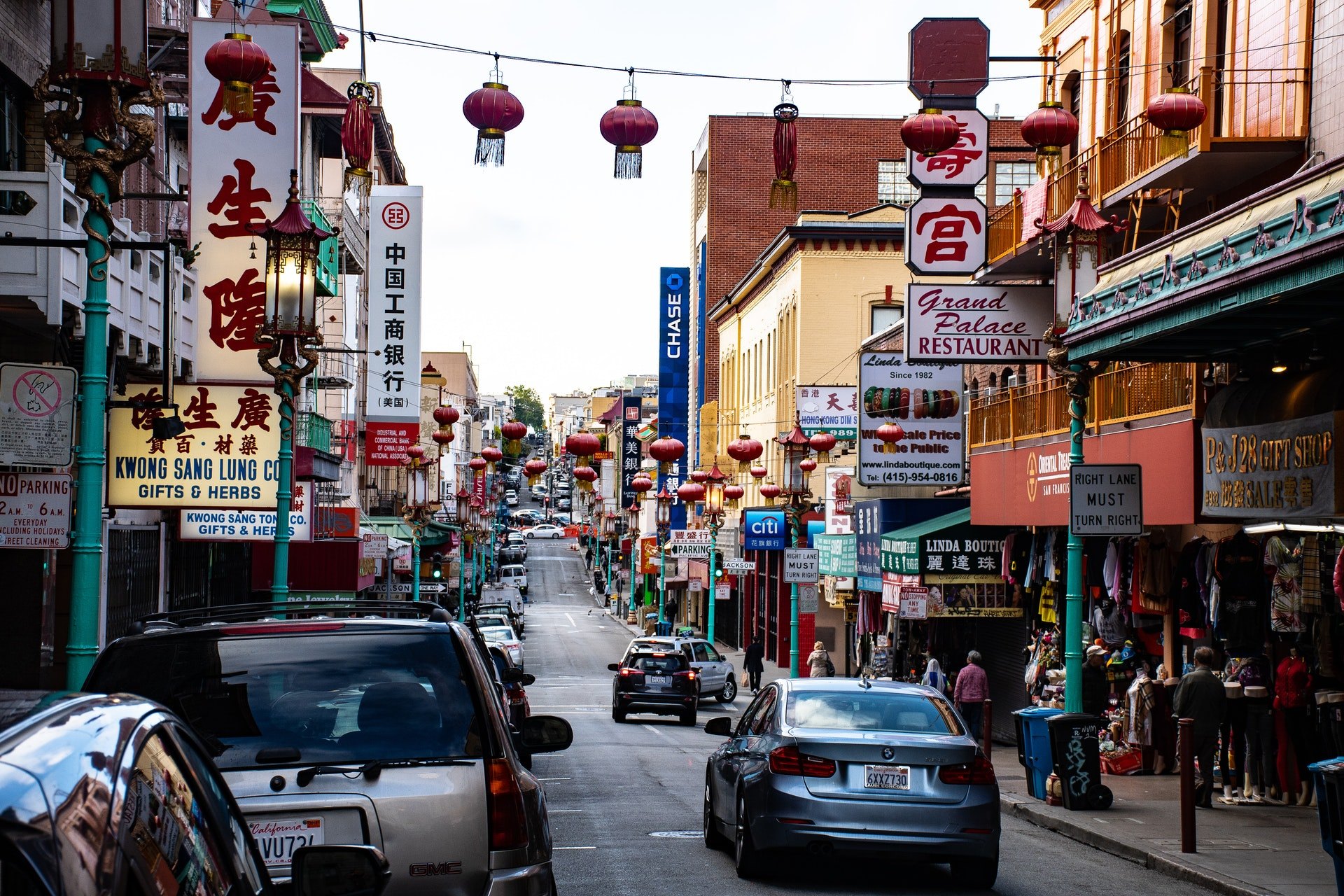The main events of the summit of the leaders of the major economic powers took place on the sidelines of the event. Instead of economics, Hangzhou was mainly discussing politics.
The two-day summit of G20 was held in Hangzhou, China, on Monday, September 5. Although the international financial system was formally the main topic of the meeting, most of the action did not take place on the sidelines of the gathering. Leaders met on the sidelines of the summit to address the political crises in the world. However, even these informal meetings were largely inconclusive.
As a result, some of the most discussed details of the summit were mishaps, such as President Obama not stepping on the plane, or Putin giving the Chinese leader ice cream – or British Prime Minister Theresa May forgetting to shake hands with the Russian president during their first face-to-face meeting.
Washington and Beijing are ready to improve the climate
The most substantive outcome of the Hangzhou summit was presented even before the event opened. Upon arrival at the summit, Xi Jinping and Barack Obama announced the ratification of the Paris climate agreement. China and the United States are the two largest emitters of greenhouse gases causing global warming. Both countries account for about 40% of all emissions. The Paris Agreement stipulates states’ obligations to reduce emissions. It will come into force after being approved by at least 55 countries responsible for 55% of global emissions.
Merkel sees Erdogan for first time since coup in Turkey
Shortly before the opening of the Hangzhou summit, German Chancellor Angela Merkel held an informal meeting with Turkish President Recep Tayyip Erdogan. It was their first meeting since Ankara’s verbal spats with European leaders following a wave of mass arrests in Turkey after the failed coup. They discussed relations between the two countries, further implementation of the EU-Turkey agreement on refugees and the ongoing conflict in Syria. The talks, according to a German government spokesman, were productive – but no more.
Putin’s talks
Vladimir Putin tried to hold as many bilateral meetings as possible. With Angela Merkel, they discussed “very specifically” the implementation of the Minsk agreements, the war in Syria and the humanitarian situation in Aleppo in Syria, said Steffen Seibert, a German government spokesman.
Putin also spoke with his French counterpart François Hollande, after which he announced that the Normandy quartet would meet in Paris in October to discuss again the implementation of the Minsk agreements. And during the conversation between the Russian president and Erdogan, the issue of Moscow lifting the food embargo on Turkish products was raised. In addition, the two sides have moved closer to a free trade agreement.
And a little bit of economics.
In any case, this summit could not do without the profile theme of economy. The G-20 promised to ratify an agreement on simplification of international trade procedures by the end of the year, supported the reform of the World Bank quotas and the inclusion of the yuan in the IMF reserve currency.
Finally, the final communiqué agreed on nine key areas of structural reform: promoting openness to trade and investment; promoting labor market reforms, improving education and skills; promoting innovation; improving infrastructure; promoting competition and creating a business-friendly environment; improving and strengthening the financial system; promoting fiscal reforms; increasing environmental sustainability; and promoting inclusive growth.

